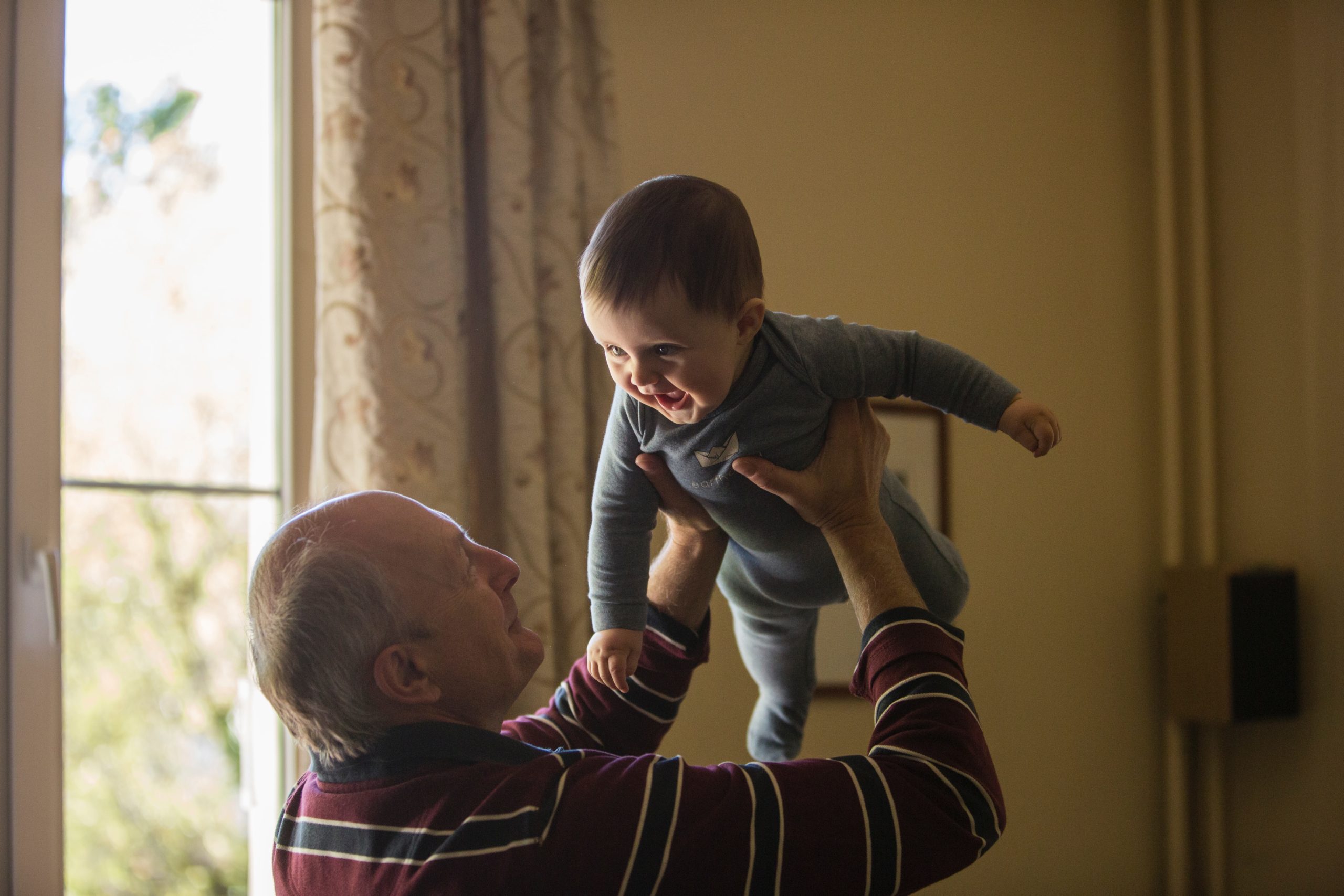Imagine your Mum or Dad has been in hospital for a short stay following an operation or other illness. After a successful procedure, they’ve recovered well enough that the surgeon is happy to send them home.
Then what?
That’s the point when our clients at The Physio Co – and their families – need a solid plan for home-based rehabilitation.
Our physios are often asked by family members what can they do to help a parent (or grandparent) recover from an operation or stay in hospital. The answer is – a great deal!
Everyone needs a team around them to get the best results from their rehab.
We naturally want to play our part in the recovery of that person. But first, let’s understand how the hospital team will evaluate each case before deciding on the best course of action.
Comfortable environment
Modern medicine and advances in surgery mean hospital stays are shorter than they once were; there’s a strong emphasis on getting people back into their own homes – a comfortable environment – and working hard on their rehab there.
The hospital team that cared for your Mum or Dad isn’t always looking two or three months ahead to what their patients’ fitness and mobility will be then. Their usual goal is for Mum or Dad to return home and be able to function adequately. But most people want to be able to do more than that, and that’s where a home-based rehab plan is all-important.
Physiotherapy rehabilitation aims to ensure a patient’s wellbeing by easing them back into their lifestyle. A physiotherapist will help you to achieve the highest level of independence and quality of life possible.

Home-based rehab is a relatively new concept that replaces in-hospital treatment with therapy sessions and an exercise program to follow in the comfort of your own home.
Most of us who have spent any time in hospital can’t wait to get back home to our own bed and a home cooked meal, and rehab at home allows us to get back to our creature comforts.
The hassle of staying longer in hospital (or travelling to the hospital) is replaced by the therapist coming to you.
But there are several considerations to weigh up before a patient can return home.
- How are they going to manage getting in and out of bed?
- How are they going to safely get in and out of the shower?
- How will they manage in the kitchen/laundry/doing the shopping?
If there’s somebody who can help with those things, it’s a lot simpler.
The World Health Organisation estimates that one in three people worldwide is living with a health condition that would benefit from some form of rehabilitation. And as people live longer with more chronic disease and disability, the need for rehabilitation will increase.
Part of the process
We physios do our bit on the technical side of things, and generally set people up with some form of exercise to practise – their homework, so to speak – and this is where family members can be a very important part of the process.
If a family member can pop in on Mum or Dad, they can be a voice of encouragement to ensure those programs are being followed daily. That’s what really gets the results, that consistency of doing the exercises day in, day out.
It’s not always easy – it can be physically taxing and even mentally tough, and some days you wake up and just can’t be bothered. If your Mum or Dad’s physio visits once or twice a week and the patient is sticking to their exercises only twice a week, it’s going to take a long time to see any progress.
That’s why we focus so much on goal setting here at The Physio Co. This could be something like improving mobility enough to join a friend at a favourite café, or spending some time in the garden potting seedlings for the coming growing season.
Whatever it is, setting a challenge with a tangible reward is a key part of our rehab methods – and again, family members can play a huge role in this.
Perhaps there might be a wedding on the horizon, or a grandchild who’s going to play their first game of cricket or netball, and the challenge is to be mobile enough to attend. Using these family landmarks is a sure-fire way of sticking to the sometimes arduous program of rehab and recovery.

That’s all well and good if you have family living close by, but many of our clients have family living interstate, who cannot be as hands-on with their recovery as they’d like.
In these circumstances, we make sure family members are kept updated on whatever the goal plan is, then agree on the frequency of communication for those updates.
We don’t generally update people after every single session. If we’re seeing someone two or three times a week, you’re not going to see huge changes within those few days.
Treatment program
It might be that we’re touching base at the start of the treatment program and then every two to three weeks on how things are progressing – and if there’s anything significant in that time, we make sure family are aware.
We generally suggest in most cases that for the first four to six weeks, physio sessions should be a minimum of twice a week and ideally three times a week.
If someone’s good at doing their ‘homework’, and making good progress, we might drop that back down to once a week and then it just becomes about just gradually progressing the client.
Ideally, the client feels a sense of accomplishment and thinks, ‘What else can I do?’. If we can change the stereotyped mindset of, ‘I’m too old to do something’, we’re smashing our own goals.
At The Physio Co we want people to look to their next appointment and tell themselves, ‘I didn’t think I could do this and now I can’ – and everyone plays their part in achieving that goal.
Article written by Mike Quinn, The Ops Guy, TPC

 1300 797 793
1300 797 793
